
Do you feel disoriented, drowsy and irritable after a 24 hour long flight? Jet Lag is a real thing that frequent travelers like myself encounter as a health hazard. Experts say that jet lag occurs for every time zone crossed, and I often cross three continents within a month. It takes a few days to […]
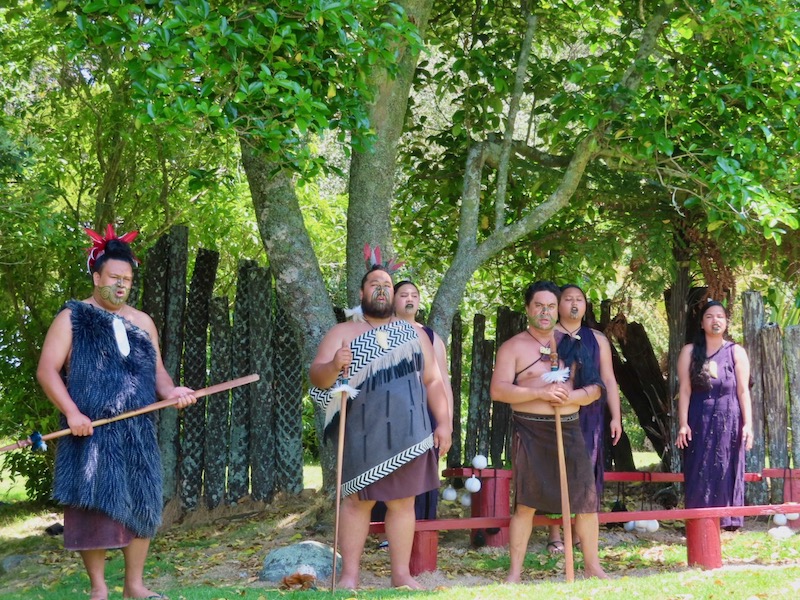
When I founded Go Eat Give in 2011, sustainable travel was a fairly new concept. Beyond gap years and volunteering abroad, there weren’t many options for vacationers to travel sustainably and meaningfully. But today, I feel we are more conscious about the impact we make when we travel. From protecting the environment, leaving lower carbon […]
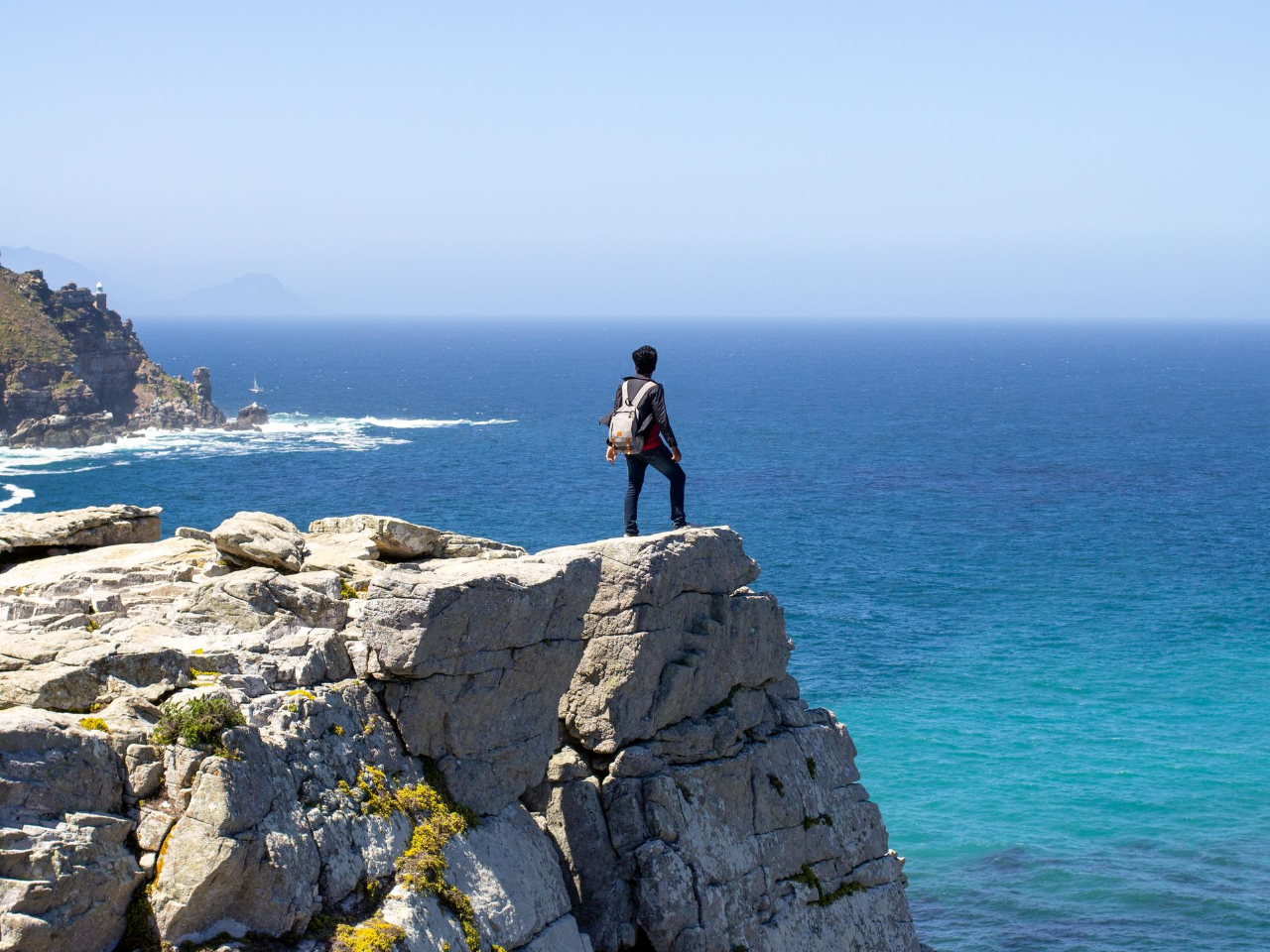
How can you make ordinary trips across America more unique and fun? Look for hidden gems scattered around each state! Though tourist spots like museums, bustling cities, landmarks, theme parks, or national monuments are often highlights of a destination, hidden gems like the ones listed below, can turn your traveling experience from memorable to unforgettable! […]
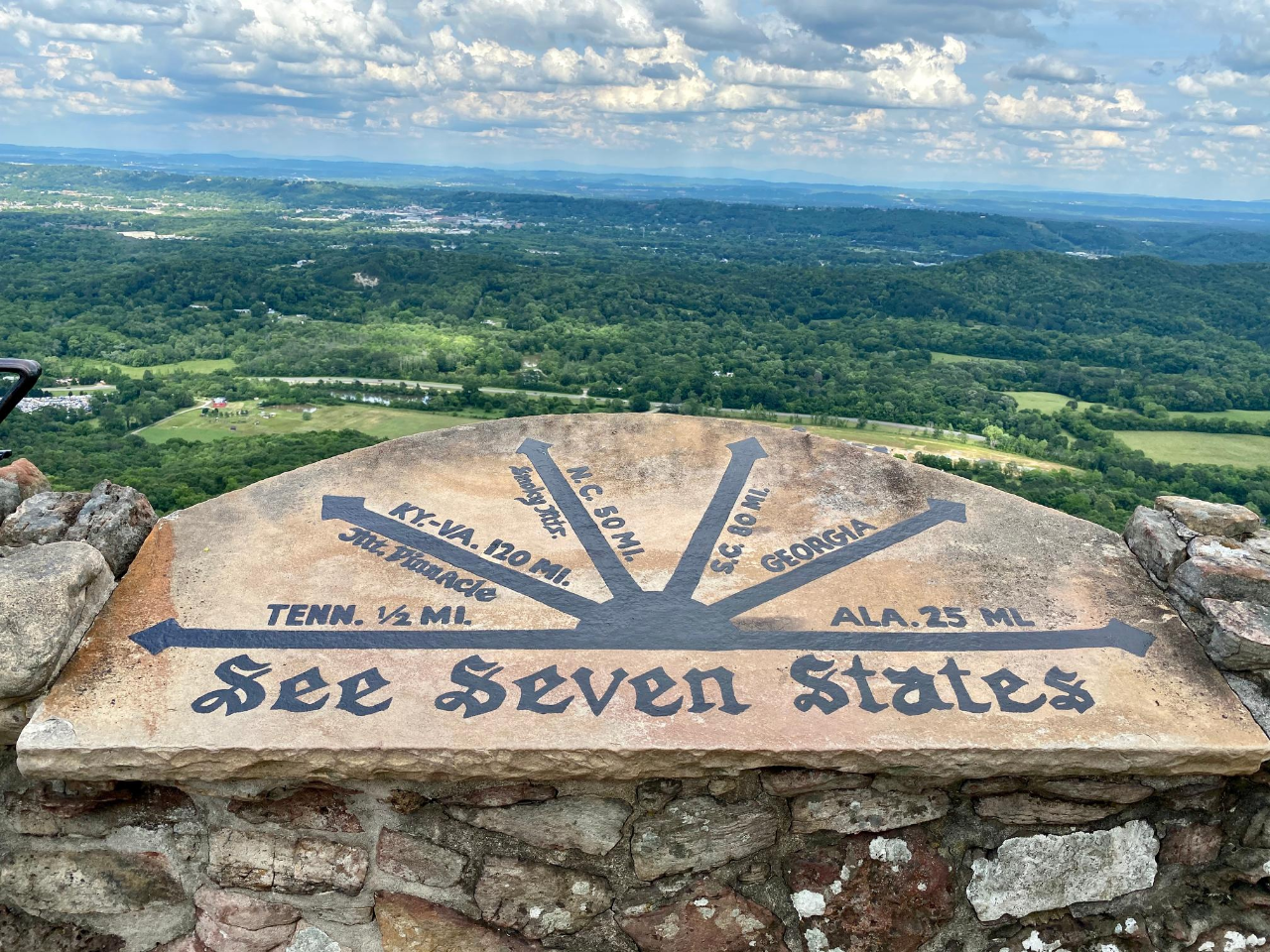
Due to the Coronavirus, the closing of numerous states and countries have put a pause in many people’s travel plans. Though it may be a while before the tourism industry takes full flight again, the United States is beginning to ease its quarantine restrictions as states make plans to reopen. That being said, family-friendly, affordable […]
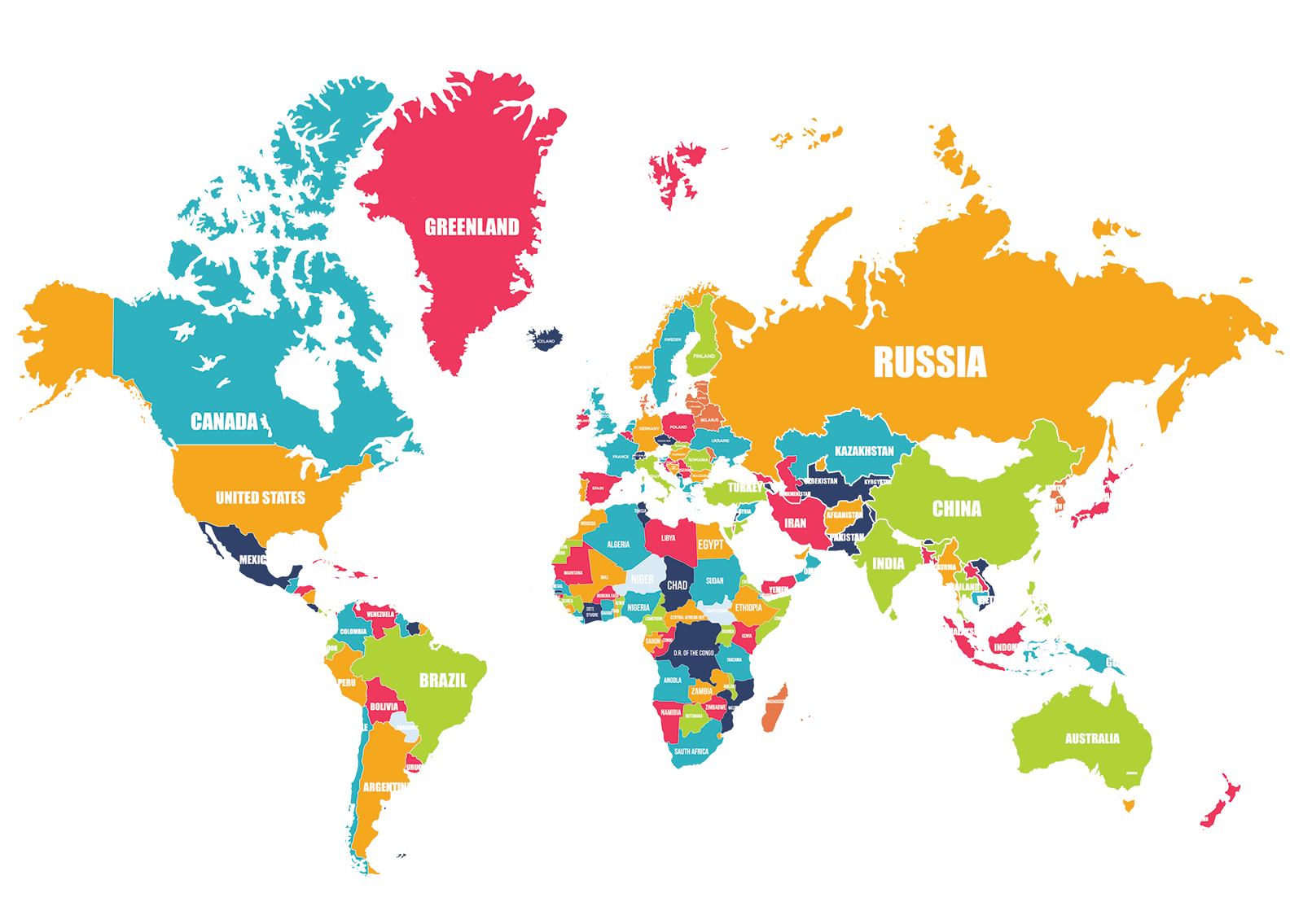
In the midst of global pandemic, I say this – Keep Calm and Keep Traveling! I am sure if you are watching the news or are on social media, you are overwhelmed with all so much information about coronavirus thrown at you constantly. How do you make a decision to keep your travel plans or […]
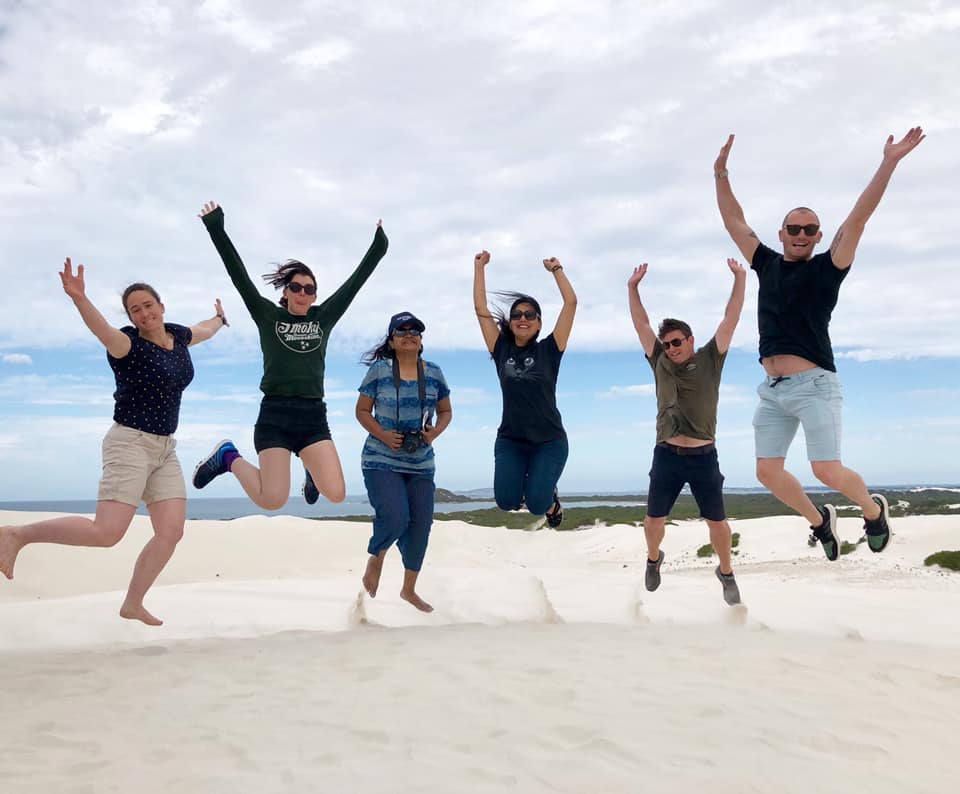
According to a recent study, only 42% of U.S. citizens currently have a passport (as oppose to 4% in 1990). More Americans are traveling abroad than ever. If you are someone who is leaving the country for the first time, it is good to do your homework. You are probably getting excited to go on […]
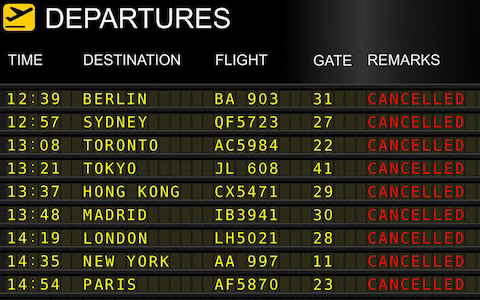
As you can imagine, having your travel canceled, interrupted or simply not go as planned is never ideal. When you have travel insurance, however, you can feel better knowing that at least some of your travel expenses will be reimbursed. Hurricane season starts one month from today, and after last’s year’s record storms, many are […]
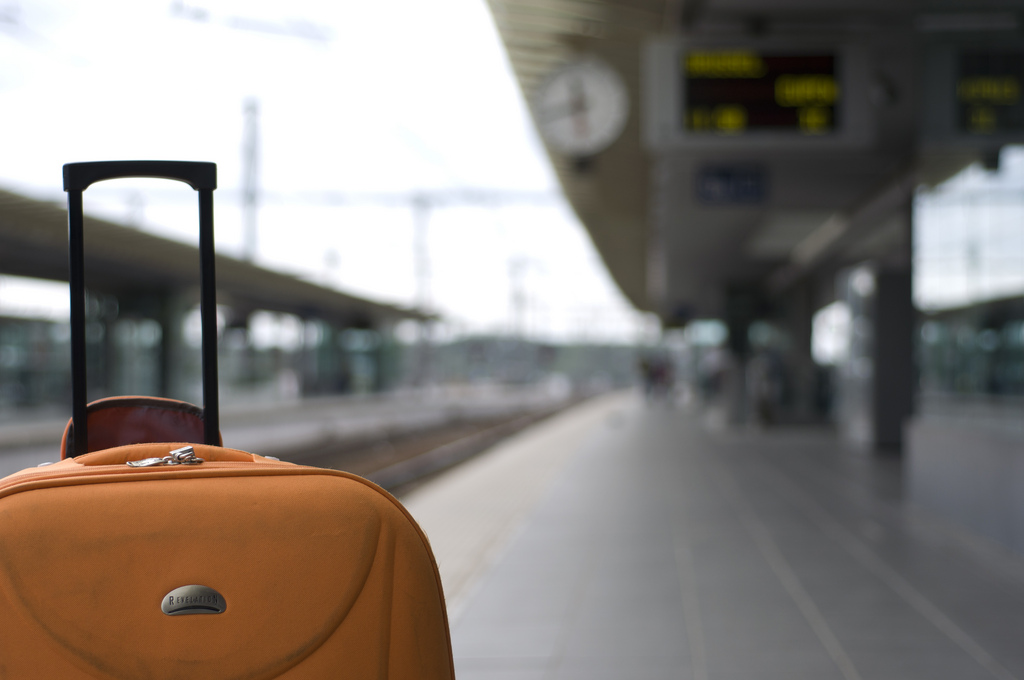
Have you ever arrived at your destination and discovered that your luggage never made it? Travel can be stressful as it is, and if your belongings don’t show up with you, it adds to the stress. Though sometimes things may be beyond your control, you can take these precautions to avoid lost luggage on your […]
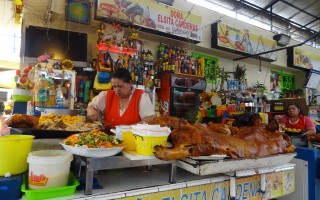
You planned every detail, put aside savings, and waited all year for that two- week vacation abroad. The last thing you want to do is fall sick during your time in the magical new place and not be able to enjoy it. Unfortunately, our bodies do get sick every so often depending on what we […]
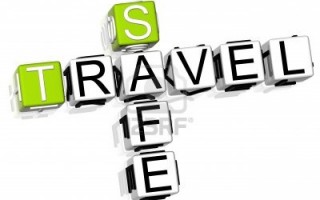
Whether you are going to New York City or Nairobi, it is important to be a responsible traveler. Often times, tourists fall into traps due to their own lack of awareness and failure of judgment. True there are many incidents you cannot avoid, but for the most part, a good traveler can take certain measure […]

I took my first 20+ hour long flight when I was 16 years old. Since then, I have been on countless long flights, traveling to 6 continents so far. The longest flight I have ever taken was 26 hours from Atlanta to Singapore. Having family in India, I go on the Atlanta – New Delhi […]